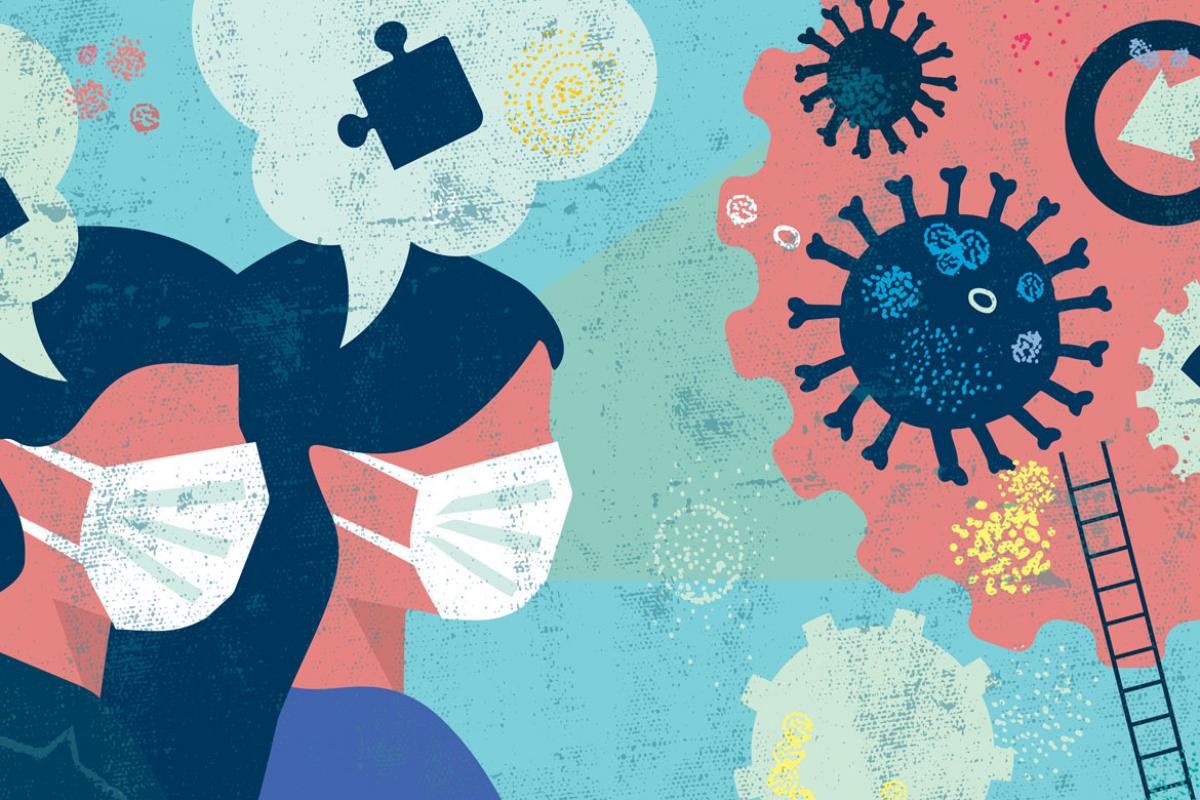The World Health Organization advocates for a worldwide reform of mental health support
WHO reports mental disorders are the leading cause of disability and urges countries to accelerate plans to eliminate stigma towards mental illnesses.
In June 2022, the World Health Organization (WHO) released its largest mental health review since 2000. The review revealed that an alarming 14 per cent of the world’s adolescents are living with a mental disorder, and due to the Covid-19 pandemic, depression and anxiety rates rose by 25 per cent in 2020, making mental health disorders the leading cause of disability worldwide.
The pandemic’s pronounced effects on mental health have forced the general population to acknowledge depression and anxiety as valid illnesses. The WHO emphasizes this, stating that sufferers are likely to die 10 to 20 years earlier than non-sufferers due to preventable physical diseases.
The WHO highlights that 20 countries still criminalize suicide. Adding that stigma causes mental health to be ignored in both low-income and high-income countries. Notably, economically disadvantaged individuals suffer the most.
Since the start of the Covid-19 pandemic, rates of mental health disorders have risen. The Medium spoke with Dr. Farah Ahmad, an associate professor at the Dalla Lana School of Public Health, and a professor at York University, to discuss why the Covid-19 pandemic has been so hard on mental health, particularly amongst youth.
Dr. Ahmad highlights that the pandemic has left youths feeling a lack of purpose and belonging—noting their reduced opportunities to engage with their communities. Even small social interactions, such as helping a stranger out with their grocery shopping, or saying “thank you” at a store, “helps build [one’s] identity.” Unfortunately, these interactions were limited during the pandemic.
Dr. Ahmad emphasizes the importance of systematically valuing well-being. She highlights the need to support secondary and post-secondary students through support systems and community leaders’ actions. She explains that “waiting until they are diagnosed [is] too late.” Dr. Ahmad instead encourages communities and leaders to actively ask students how they would like to be supported throughout their lives.
Regarding what youths can do themselves, Dr. Ahmad urges them to exercise, to invest time into new hobbies, and to take a step back from social media if needed.
Although the pandemic has been especially tough on developing youths, Dr. Ahmad sees optimism in the situation. She observes that the last two years has opened a dialogue on mental health care. Sharing her findings from focus groups with undergraduate U of T students, Ahmad states that students naturally “started to do informal check-ins” with themselves and with each other. She highlights that the pandemic has made us “much more aware of our mental health.” Prospectively, she encourages students to continue with casual check-ins as they promote well-being and balance in day-to-day life.
On the grander scheme of mental wellbeing, the WHO urges countries to devote more time, energy, and funding to mental health support: the goal is to eliminate stigma and promote mental health resources worldwide.
This call for increased support for mental health is nothing new. The WHO put forth its “Comprehensive Mental Health Action Plan 2013-2030,” which outlines the actions needed for countries to build systems focused on mental wellbeing. Notably, building interconnecting public health networks that equally value mental and physical healthcare will be key in supporting the growing global population.
All 194 WHO member states have signed up to support the action plan. However, the WHO says transformative change is not coming fast enough. Mental health is still overlooked in public health policies, despite holding significant bearings in individual’s wellbeing. The WHO’s review reminds governments worldwide to address the ongoing mental health crisis, which may finally lead to people receiving the care they need.

